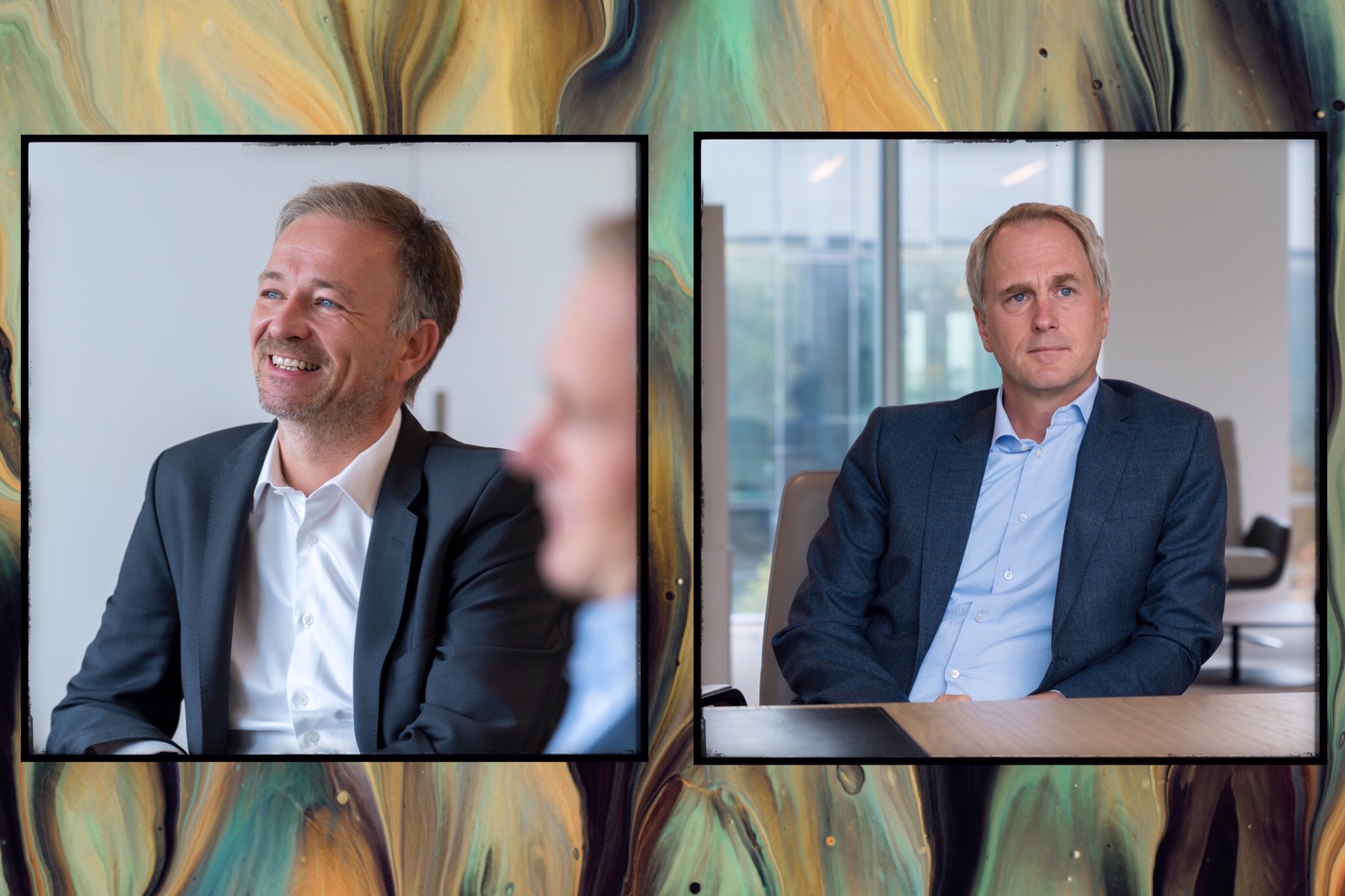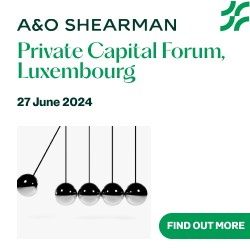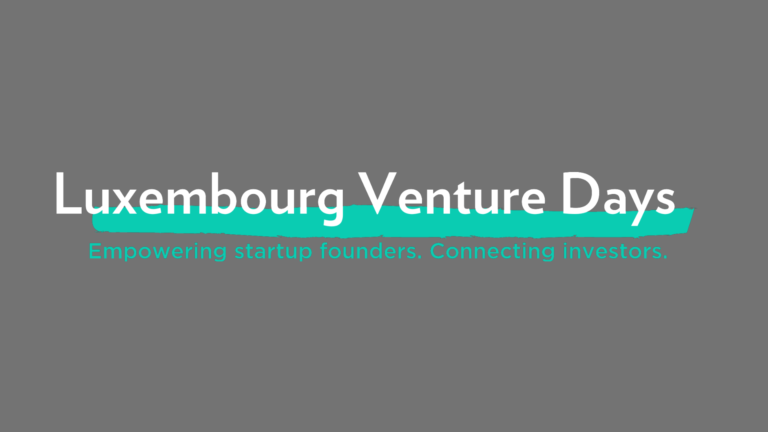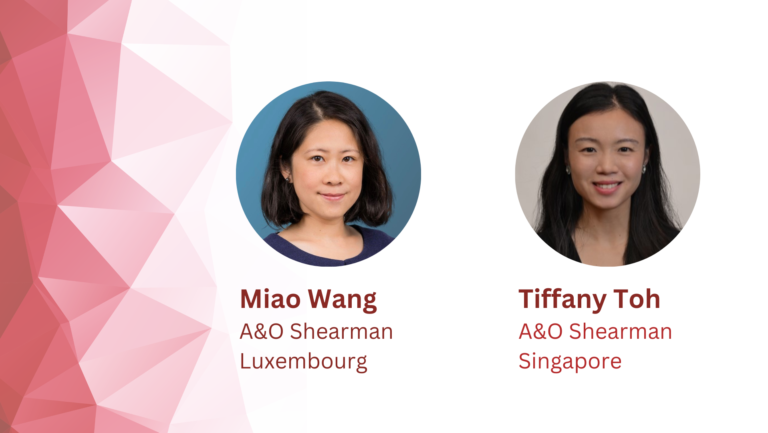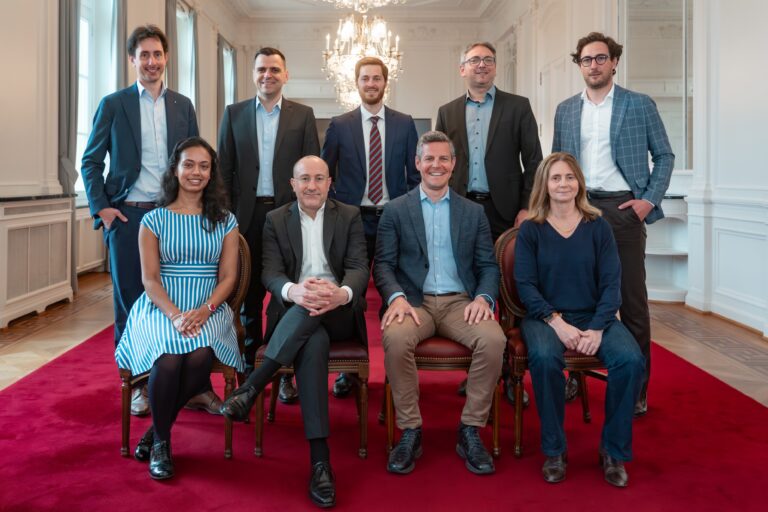FOLLOWING HIS TALK WITH FRANÇOIS TESCH, CLAUS MANSFELDT INTERVIEWED JOHN PENNING AND OLAF KORDES THE TWO CEOs OF LUXEMPART S.A.
INTERVIEW by Claus Mansfeldt, President of LPEA
CM: John, Olaf, what is your role at Luxempart?
John Penning (JP): I am 48, I am a Luxembourger and I joined Luxempart about 4 years ago joining the family business. I came to our family business quite late at 44. Before that I set up a company called Saphir Capital Partners in 2009 where we were doing advisory work, but also running a small PE fund and real estate. It was not an easy choice for me to join our family business, though quite an obvious one. But I do not regret it. My aim is to contribute to the further development of Luxempart and successfully write the next chapter of Luxempart.
Olaf Kordes (OK): I am 49 and also a Luxembourger. All my professional career I spent between France and Germany. I previously was a partner in a PE fund, Alpha, focusing more on the upper mid-market segment. Then came the moment when I decided to find an opportunity which could be more in line with my understanding of the future of PE markets in Europe, one of which could allow me to go back to value creation and become a more flexible investor. These days PE funds have very stringent deployment constraints. If they are in the higher mid-market segment they need to invest in European companies while I think there is a lot of value creation by taking national champions to European level, or even just by consolidating one national market. The family background also gives us the long-term view. Too many funds are rotating their portfolio too quickly and our long-term approach will be an important differentiating factor in the future.
CM: How do you complement each other?
JP: Luxempart has a very good track record and IRR. We were thinking about what we should do next and came to a few conclusions. We realised that we want to do more direct investments out of Luxembourg, and these equity investments need to be a little bit bigger, starting at EUR 25 million up to EUR 100 million. We also needed to become more structured and attract new talents. Olaf was the person with the right experience and track record in mid cap deals. Along with his experience on French and German markets, where we want to continue to be present, he brings the right network. My experience is more in deal-making and small cap deals. From the trust point of view, it is also good to have me as the representative of the family, as it makes our long-term investment approach credible.
WE ASK OURSELVES REGULARLY IF WE ARE STILL
THE BEST PARTNER OR SHAREHOLDER.
John Penning
CM: How would you describe your type of investments and key objectives?
OK: I think there are three key pillars. The first is the family business Foyer, where Luxempart has a minority stake which helps to keep the business private.
Then the diversification of the portfolio through the deployment of two strategies. First is direct investment where we are a long-term partner to management teams. There is no specific sector of investment for us and we can invest in the German-speaking region, France, Belgium and Northern Italy. The second strategy is fund of funds investments, which are supposed to diversify the assets. Historically it has been focussing on Europe and hence is in some overlap with our Direct Investment. Therefore, we consider whether to extend to other geographies.
CM: Which sectors worked for you and what would you like to continue to invest in?
JP: We decided to remain a generalist and not to become a specialised fund in for example energy or healthcare. But we still have to choose our battles and maybe over the years we will eventually develop some specialisations. In the past we had a few very successful investments, one being SES, which we almost exited by now. We also had RTL and Vox Mobile. So, we have a nice track record in the TMT sector which remains of interest to us. Energy was also a strong focus in the past (with Cegedel in Luxembourg, Renewable energy in Germany and Direct Energie in France which we sold to Total in 2018) but not so much in the recent years. It became much more difficult to achieve double digit returns on energy. Over the last years, we have made several investments in healthcare, education and security.
CM: Tickets are increasing. Does it mean you will control deals?
OK: Even though we have started to increase the ticket size, we will remain flexible. If there is a good opportunity where we can only deploy EUR 25 million, we will not push it away. We are long-term investors and deploying additional capital over a period of time should allow us to reach our target investment level. We don’t want to change the culture too much. There are entrepreneurs who want to grow without giving control and it can be interesting for us. We are interested in 50/50 control as well.
THERE IS NO SPECIFIC SECTOR OF INVESTMENT FOR US
AND WE CAN INVEST IN THE GERMAN-SPEAKING REGION,
FRANCE, BELGIUM AND NORTHERN ITALY.
Olaf Kordes
CM: Do you face problems with exits?
JP: As we do not have the constraints of a typical PE fund, we have the option to invest long-term but will not necessarily remain invested in a portfolio company for 10-15 years. Our toolbox is very similar to a PE fund, and we work closely with management and founders / key shareholders. We just have to ask ourselves regularly if we are still the best partner or shareholder. In terms of liquidity we will always enter a company with a shareholder agreement.
For instance, we recently made a deal with a German entrepreneur on a co-control basis, but with a very clear exit strategy on the longer term. The owner wants to sell, but without the stress to be forced to sell within 3 to 5 years. He wants more room to develop and a partner that helps with acquisitions, and he didn’t want any leverage to be put straight into the company. So, we went under a full equity structure with no leverage at entry, but eventually we will use leverage to do acquisitions together. In the past we even invested in one Italian company where we have a shareholder agreement but no detailed provisions for the liquidity event. We will always give the entrepreneurs a way to organise themselves with regard to our liquidity. For example, in case of the German entrepreneur, if in 7 years he changes his mind, he will still have 12 months to organise financing to buy us out.
OK: An exit is always a period of tension and it is our job to make sure the alignment of interests is handled in an efficient way. Even if you are a majority shareholder you need to keep good relationship with all the remaining stakeholders within a company. It is all about what you bring to the table, the value you add. As long as you do your job properly, it is a respectful relationship. If you are in a minority position, the majority shareholder might consider it not the best moment for exit, but then at least will find a way to give you a fair liquidity.
JP: We always behave like a PE investor. We are close to management with regular and deep interactions. This is also a change from our past when we were more often in a more passive role. Now, we want to participate more actively in value creation. This is why we are extending our team, to have the right people who will be able to cover those skills and markets.
CM: Many sectors have been suffering from the current crisis. How has your portfolio reacted?
OK: This year made us all feel like 2008. But you work on the portfolio, you find out what the issues are, what the impact is. If you look at the results we published at the end of June, you see there was a slight decline in net asset value. But the portfolios are actually resilient. We have investments close to leisure and hospitality and these suffer, despite the fact that the assets are of great quality. But they will survive because the state helps these sectors. Healthcare investments are performing extremely well.
CM: Are the reporting requirements that come from the public listing challenging or burdensome at some point?
JP: There are a lot of positive sides to being listed. When you look at our shareholder base, which to a large extent is made up of entrepreneurial families, a strong governance is really important. There needs to be a clear line between the shareholders and management. In order for management to be able to do its work, they need a strong board and no interference from shareholders, which you might have in some family offices. Being listed, imposes discipline and transparency. For instance, we have to value our portfolio twice a year, which is good.
CM: I noticed in your latest report that you have some alternative performance indicators. Is this an attempt to make you more attractive?
JP: Traditionally the market capitalisations of holding companies have a discount to their Net Asset Value. Some have managed to reduce such discount. There is a question of size sometimes and a question of liquidity of the stock. We have very stable long-term investors, but also many smaller investors, who are not that active in trading and who keep their stock for a long time. In the future we will continue to improve our communication, for instance, recently we have improved our website. Also, last year we have started to communicate more regularly on investments and exits.
OK: We want to improve the visibility of shares, and that could improve the discount in the future.
CM: How do you see 2021 for your business and economy?
OK: We should remain cautiously optimistic. During every crisis there is a moment where things flip and bounce back. And this is the best time to invest. Crisis always includes opportunity and we have means to deploy capital.
JP: I also remain optimistic. This year has also been positive for us in terms of recruitment. It is good to see how attractive we are for candidates – Olaf is a very good example. We also found that it is possible to attract good talents to Luxembourg.
